The B&M Baked Beans factory will stop production this year, bringing dramatic change to a building that has been a fixture of the Portland waterfront for more than a century.
The property, along Bean Pot Drive, is being sold to develop a planned technology graduate school, research center and business incubator that will be part of the Roux Institute. The sale is expected to be completed by the end of this year.
The beloved local company got its start in 1867 as the Burnham and Morrill Co., specializing in canned meats, vegetables and fish. In 1913, the company built a four-story canning factory in Portland, the same building that stands today. The company then decided to experiment with oven-baked beans to offset losses from other products.
Canned baked beans from the factory were introduced in 1927, and plant capacity doubled in the 1950s. Some production was shifted to California in the 1960s.
B&M went through multiple ownership changes starting with its purchase by PET Foods in the 1970s. Pillsbury bought the bean company in the 1990s, and it was sold to its current owner, B&G Foods Inc., in 1999. B&G also owns household brands such as Green Giant, Crisco, Ortega, Cream of Wheat and Clabber Girl.
The B&M factory uses a traditional open-pot baking process and makes a variety of beans and canned brown bread. B&M products are made exclusively at the Portland factory, except during the coronavirus pandemic when small amounts came from other locations to increase production, according to B&G Foods.

Steam rises from a pot as David Lamontagne pours cooked beans into a chute and down to the canning line at the B&M Beans factory in Portland in 2017. Ben McCanna/Staff Photographer
B&M beans have a leading market share in New England, the company said in its 2020 annual report.
While the beans are still made the old-fashioned way, other things started to change at the factory in recent decades. The factory’s workforce peaked at 300 but has dropped to 88 today thanks to automation and other efficiencies. The rail line that delivered 2,000-pound bags of pea beans to the plant shut down in 2015, leading the company to rely on tractor-trailers for deliveries.
Just this month, in a harbinger of things to come, the company began decommissioning the 145-foot tall brick smokestack that used to waft the scents of molasses and spices across Casco Bay and nearby neighborhoods. The Roux Institute’s nonprofit developer for the site said it didn’t ask for the stack’s removal, and that it was the company’s decision.
The last batch of beans will be made at the factory this year. B&G Foods says production will be transitioned out of Portland to Midwest plants during the last four months of the year.
Send questions/comments to the editors.


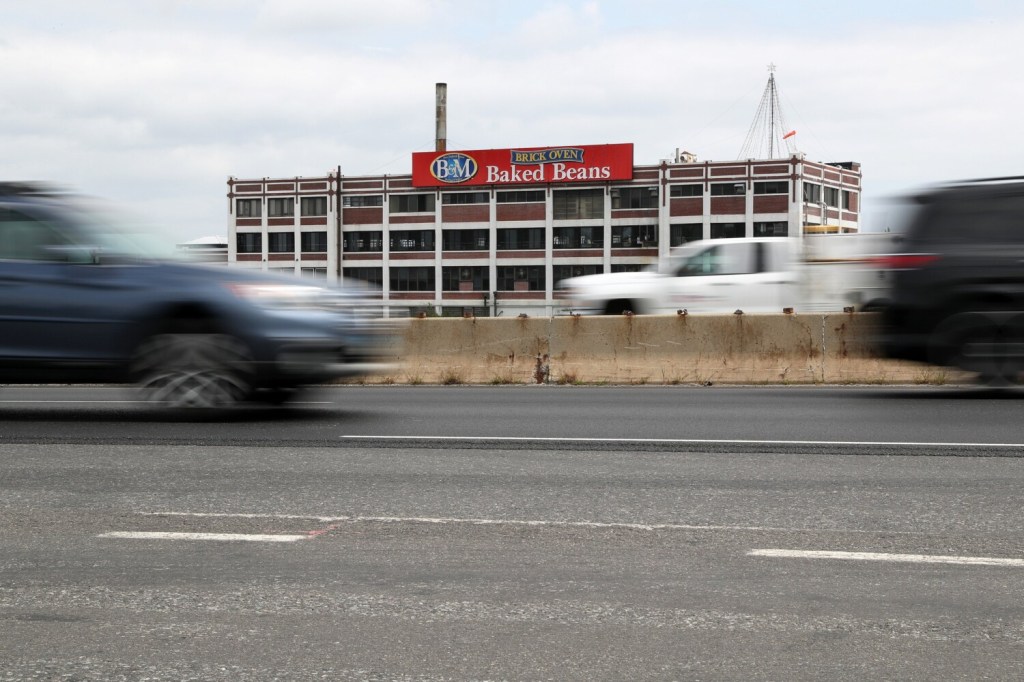
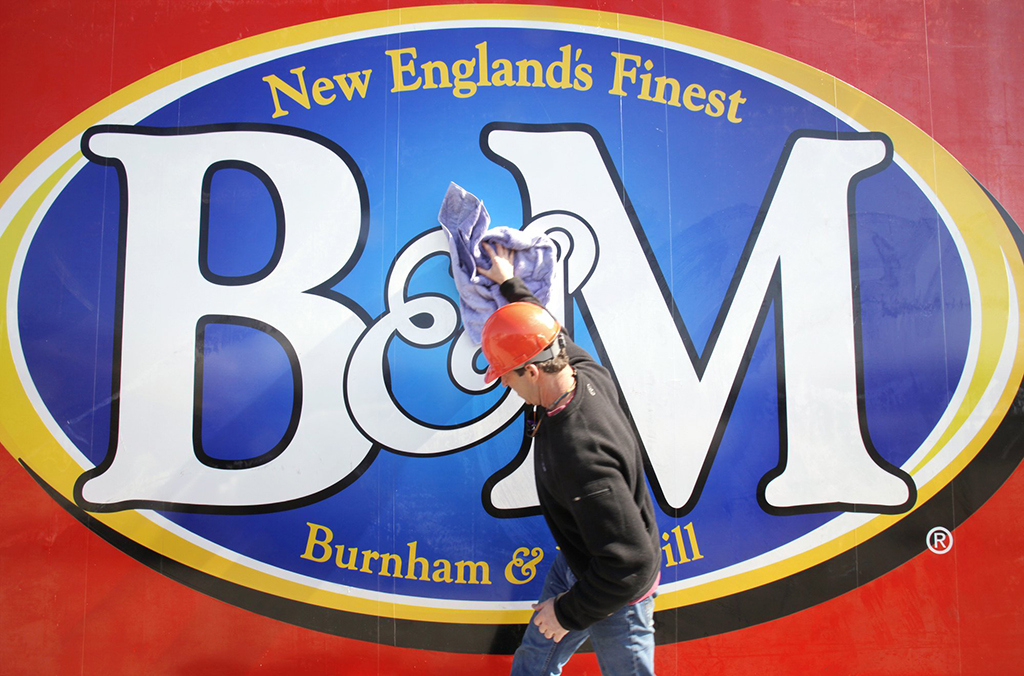
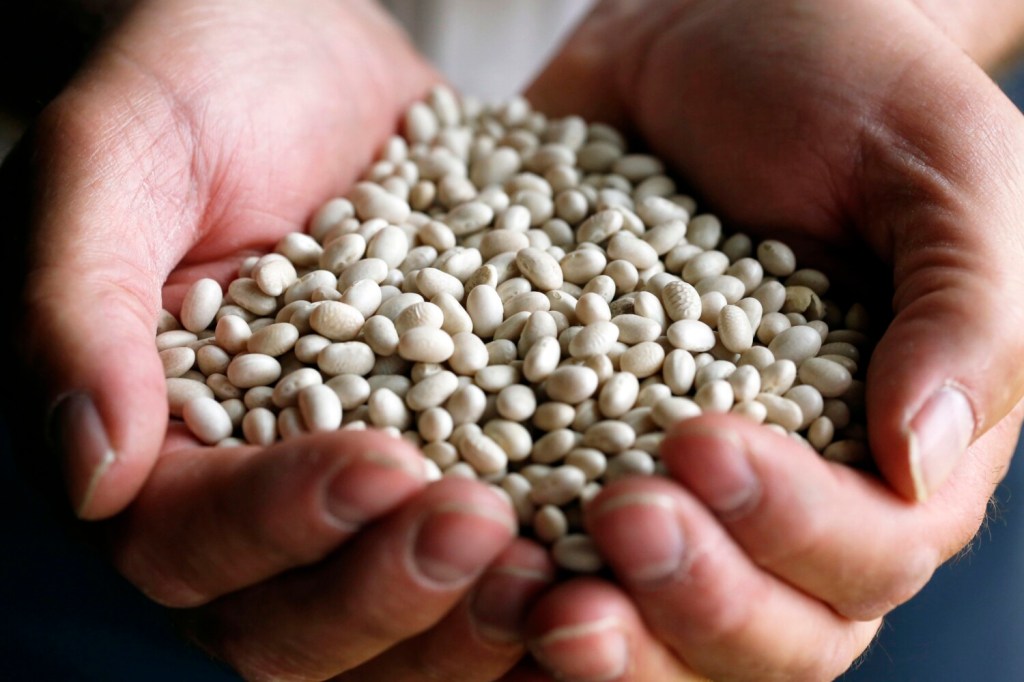
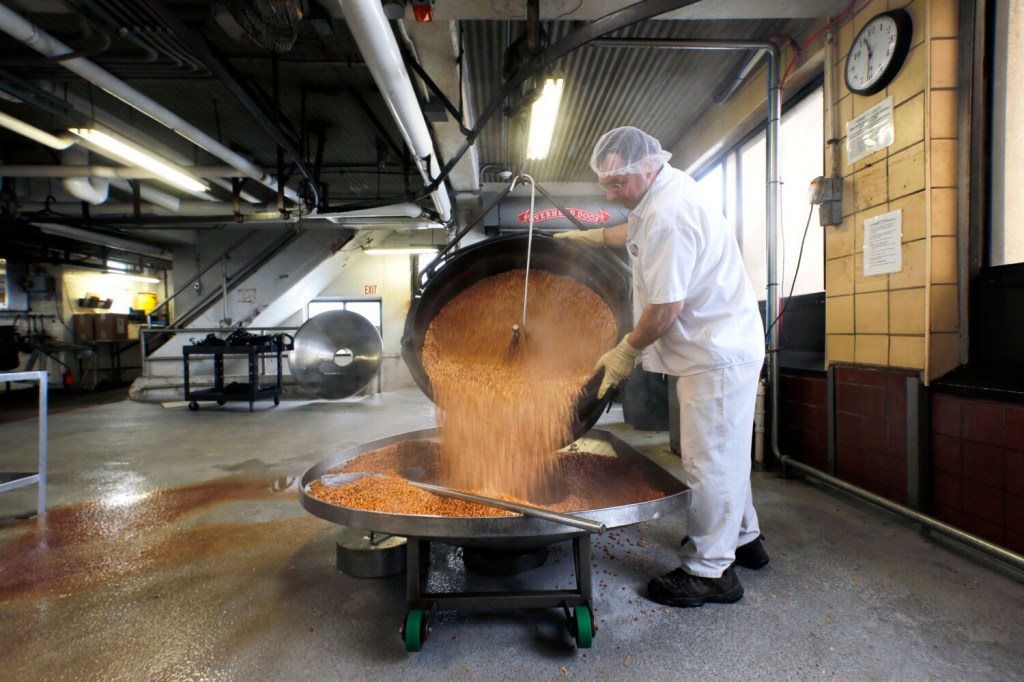
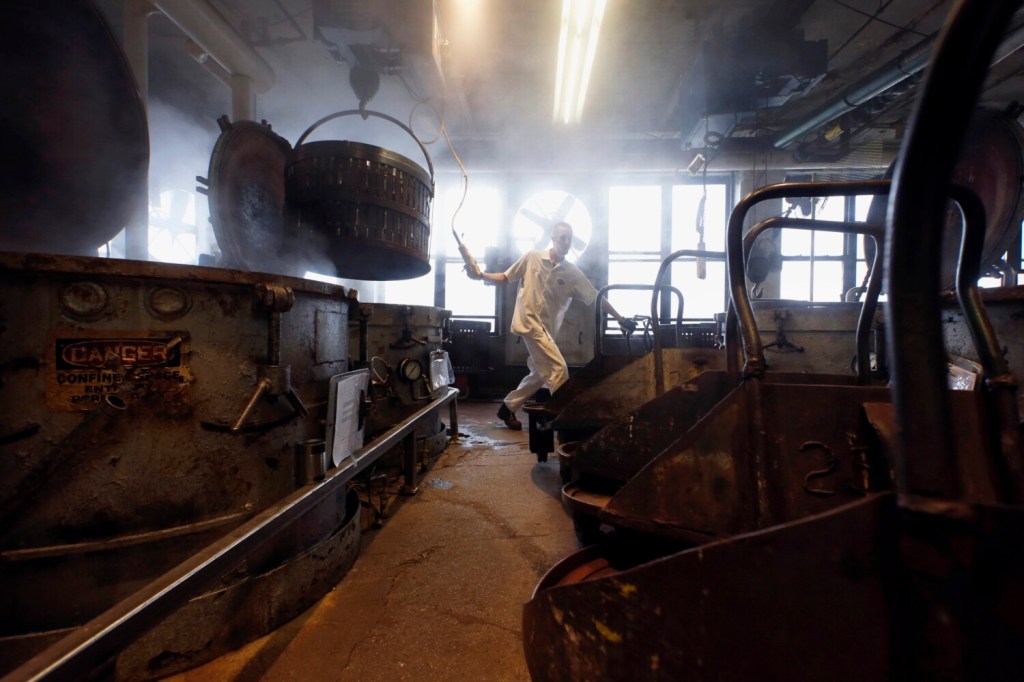
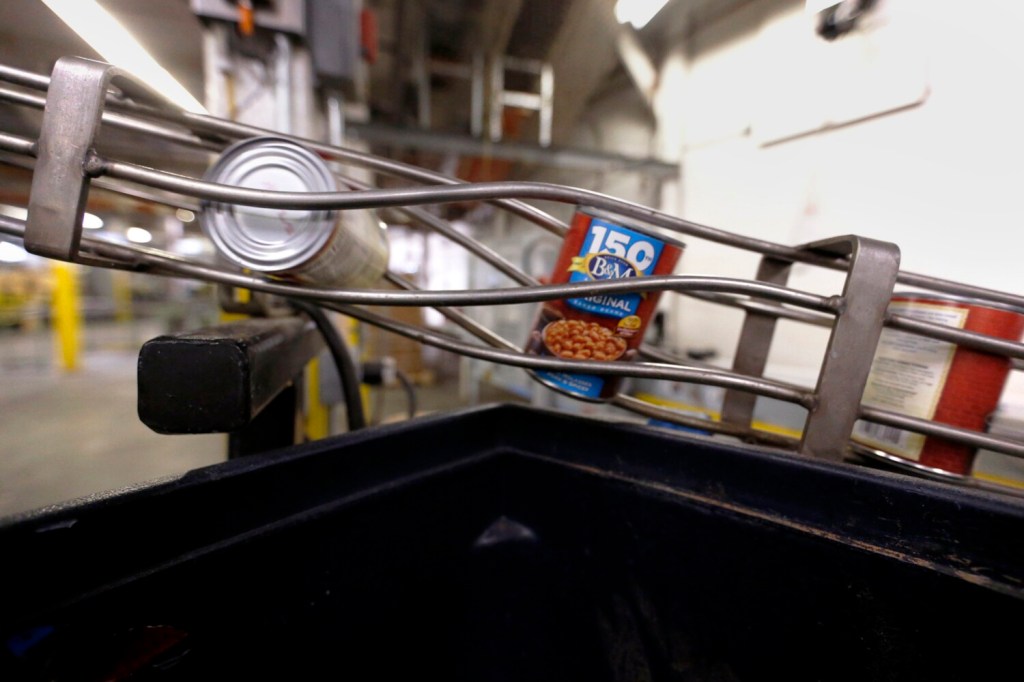
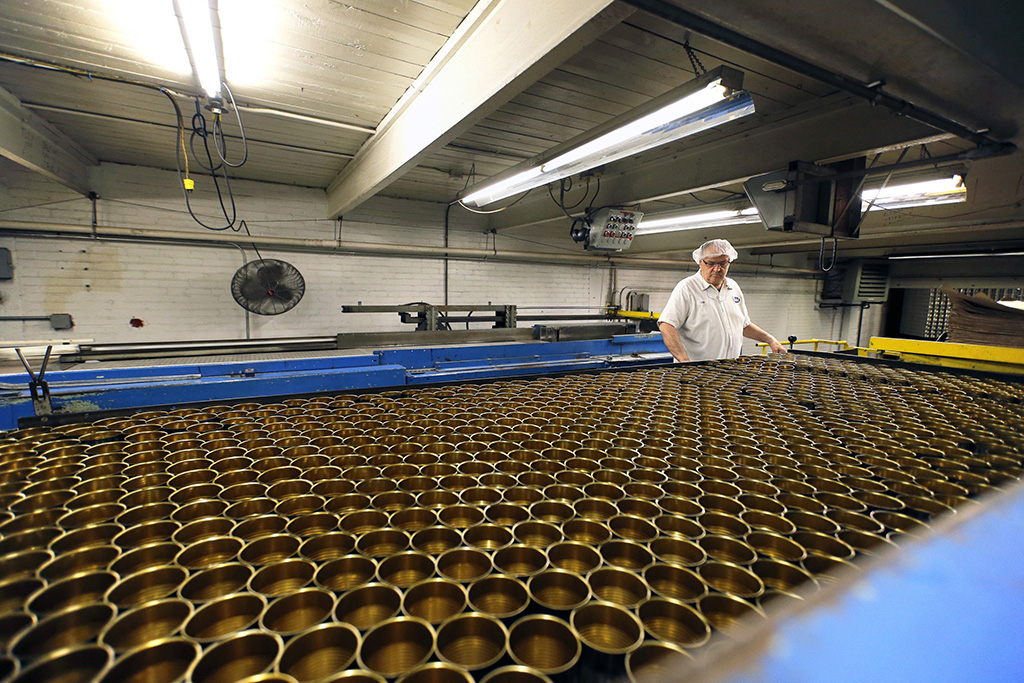
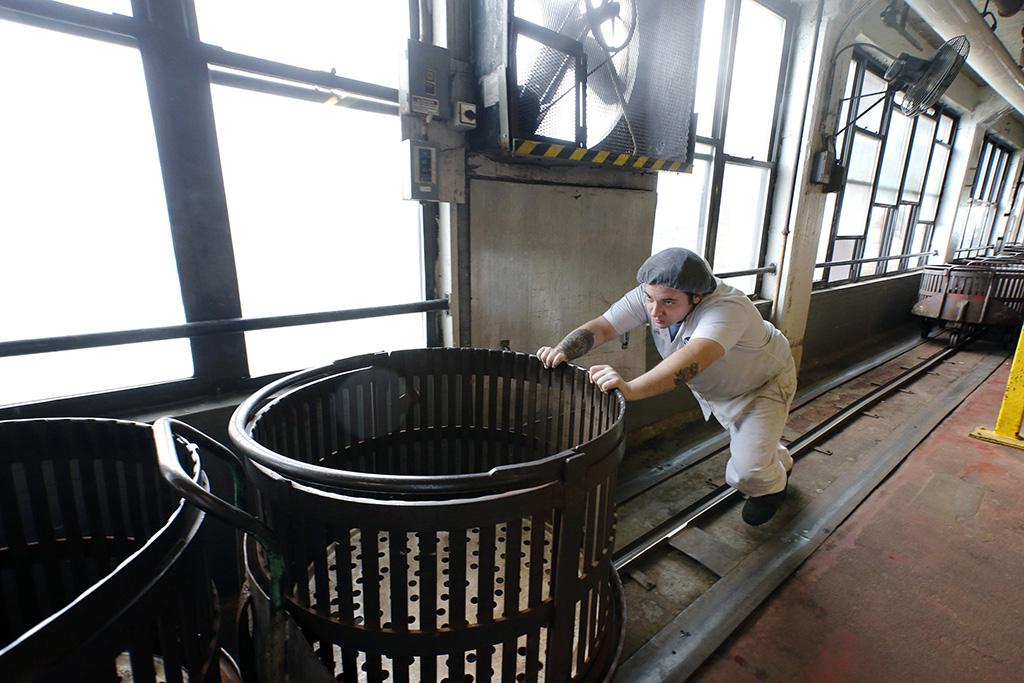
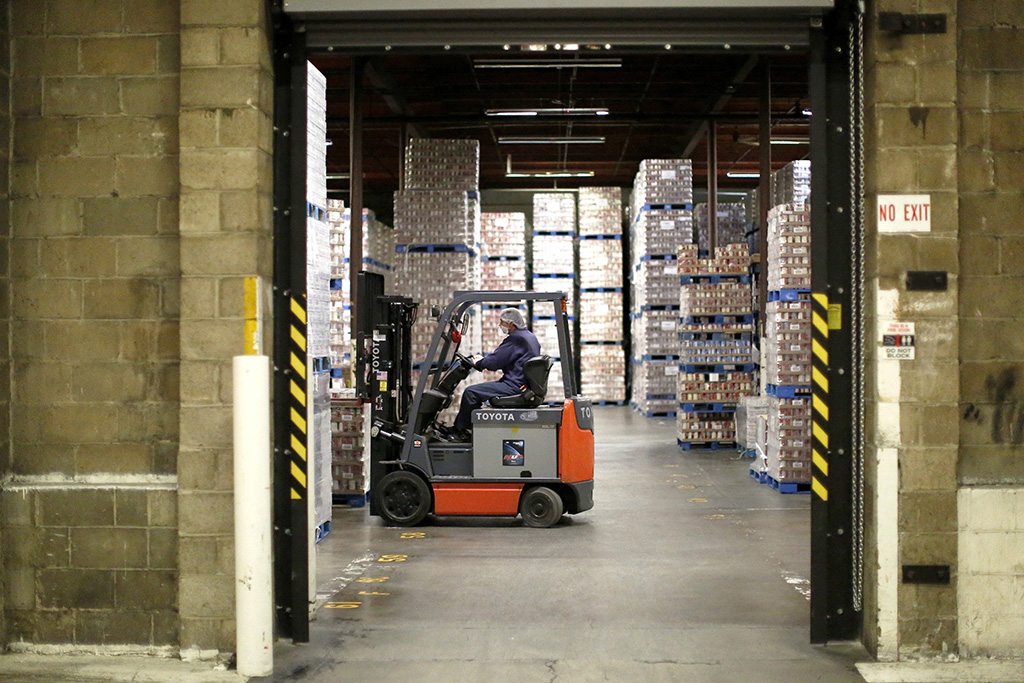
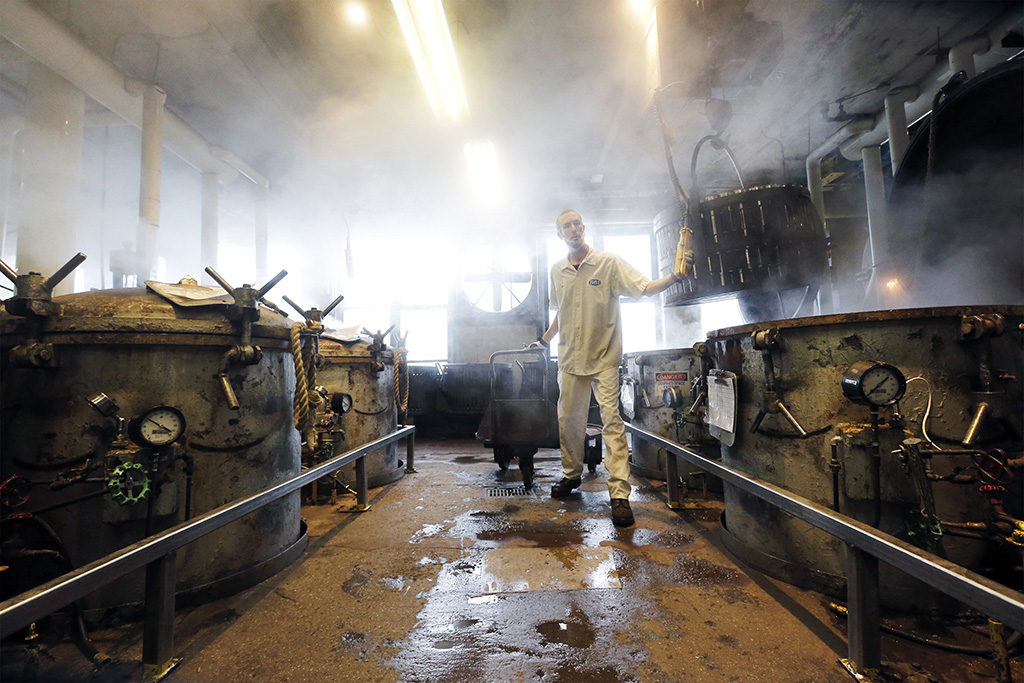
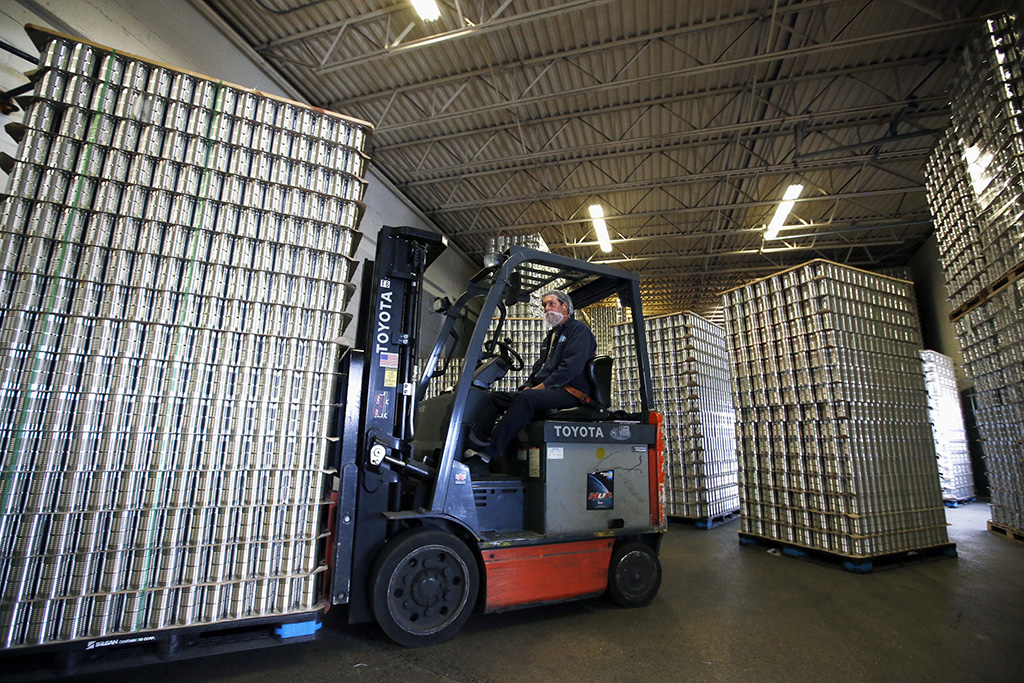
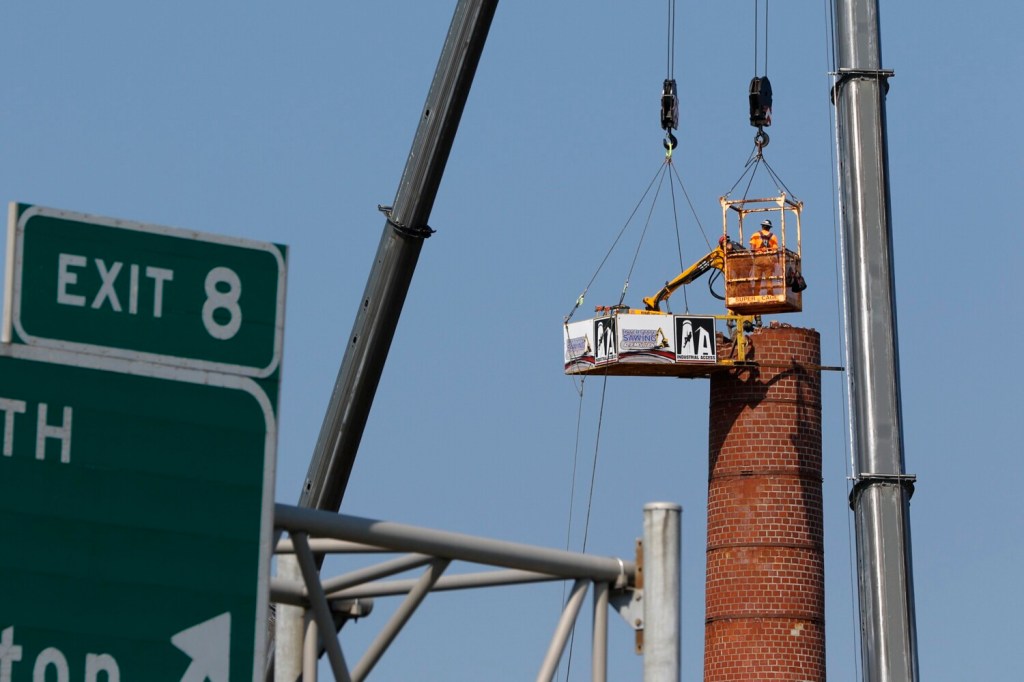
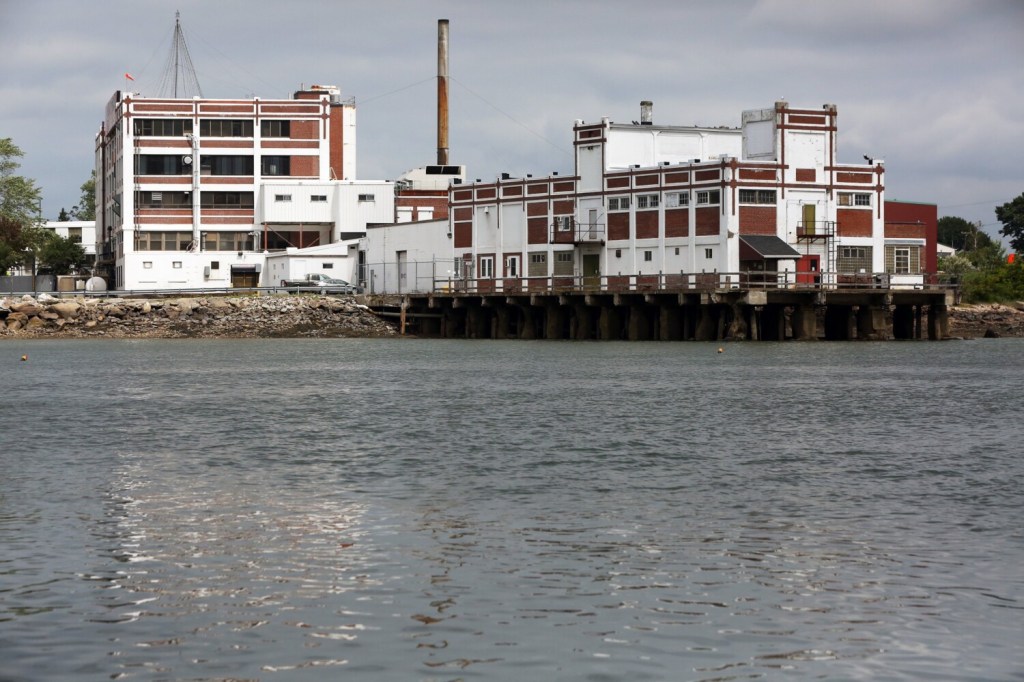

Comments are no longer available on this story